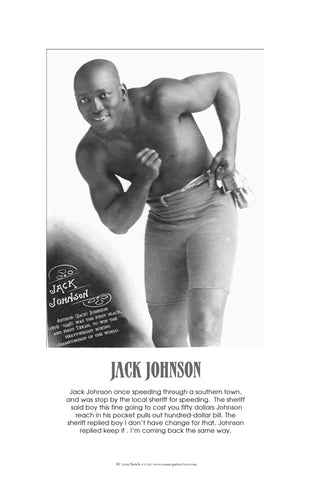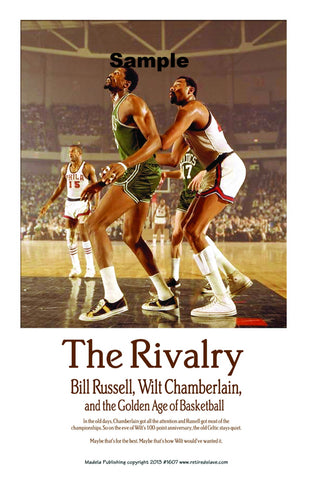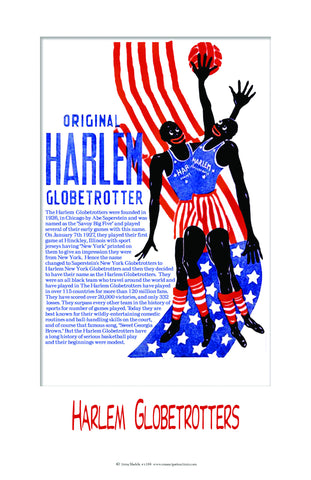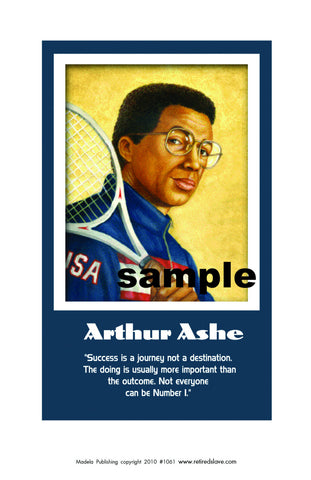The Great Black jockey #1578
$ 8.00
Caption from poster__
Kentucky Derby"s
Forgotten Jockey's
African American jockeys once dominated the track.
But by 1921, they had disappeared from the Kentucky Derby
and would not return for nearly eighty years
Is the most successful horse jockey in history
of the world, holding the highest career
winning percentage of the sport. He was
also the highest-paid athlete in the
United States during his lifetime. Murphy
is one of only two African American
jockeys to receive the honor of being
inducted into the National Museum of
Racing's Hall of Fame.
Wink could have been America's greatest racing
phenomenon, were it not for history. Two-time
Kentucky Derby-winning jockey Jimmy Winkfield's
life was a rollercoaster of fame and obscurity,
enduring racism, world war, death threats,
and exile. While life was high he attained
celebrity, wealth, and true love, though his
two greatest romances were with horses,
and his exiled home, the United States. Wink's
journey is an odyssey through history, tragedy,
spunk, and old-fashioned American ingenuity.
1898: Willie Simms became the
only African American jockey
to win the Preakness Stakes
when he rode Sly Fox to
victory. With this win, Simms
became the only African
American jockey to have
won all three Triple Crown
races. His other Triple
Crown wins took place in
the Kentucky Derby (1896,
1898) and Belmont Stakes
(1893, 1894).
Alonzo "Lonnie" Clayton was an
American jockey in Thoroughbred
horse racing described by "one of
the great riders of the New York
circuit all through the 1890s and
who holds the record as the youngest
jockey to ever win the Kentucky Derby.
African American jockeys dominance in the world of racing
is a history nearly forgotten today. Their participation dates
back to colonial times, when the British brought their love
of horseracing to the New World. Founding Fathers George
Washington and Thomas Jefferson frequented the track,
and when President Andrew Jackson moved into the White
House in 1829, he brought along his best Thoroughbreds
and his black jockeys. Because racing was tremendously
popular in the South, it is not surprising that the first black
jockeys were slaves. They cleaned the stables and handled
the grooming and training of some of the countrys most
valuable horseflesh. From such responsibility, slaves
developed the abilities needed to calm and connect with
Thoroughbreds, skills demanded of successful jockeys.
For blacks, racing provided a false sense of freedom.
They were allowed to travel the racing circuit, and some
even managed their owners racing operation. They com-
peted alongside whites. When black riders were cheered
to the finish line, the only colors that mattered were the
colors of their silk jackets, representing their stables. Horse
racing was entertaining for white owners and slaves alike
and one of the few ways for slaves to achieve status.




